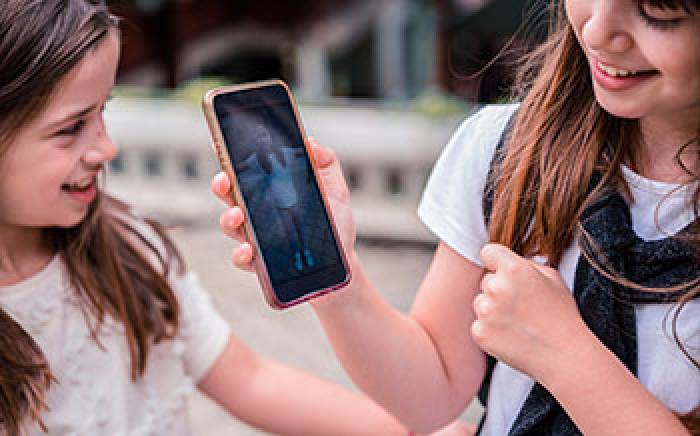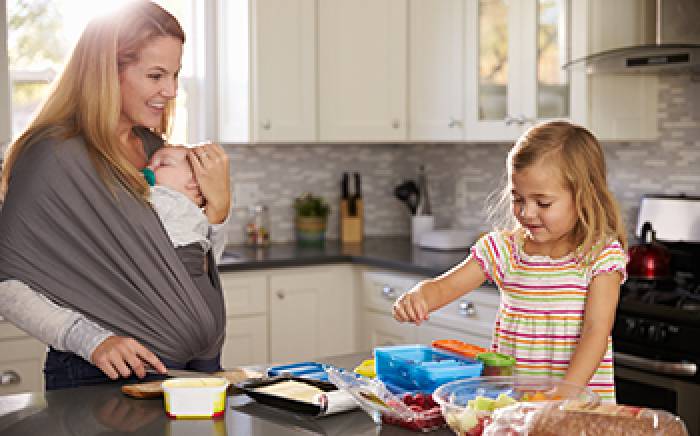When not properly disposed of or locked up, unused prescription opioids can lead to drug abuse and addiction.
Many strong painkillers prescribed by physicians are opioids. People—including children and teenagers—can become addicted to them very easily. Prescription opioid addiction can lead to taking heroin or an even stronger drug. If a child takes too much, she can get seriously sick and possibly die.
Opioid abuse is a very big problem. Recently, researchers found that most teenagers who abuse opioids used them for medical reasons first. These medications can be useful if taken safely and for the right reason. But it’s important for parents and doctors to work together to prevent abuse.
Why Children Receive Opioids
“We prescribe children opioids only for pain that is short-lived,” says Jacob AuBuchon, MD, Washington University pediatric anesthesiologist and director of pain management at St. Louis Children’s Hospital. “Opioids aren’t shown to be effective for treating long-lasting pain.”
A child might receive an opioid prescription after:
- breaking a bone
- having surgery
- having wisdom teeth removed
- receiving a severe injury playing sports, such as by tearing a ligament
Talk It Out
Parents should ask lots of questions if their child receives an opioid prescription.
“Never be afraid to ask questions,” says Dale Lewis, RPH, pharmacy manager at St. Louis Children’s Hospital. “Make sure you understand the side effects and when and how often your child should take the medication.”
Lewis also suggests asking the doctor if another pain reliever might work instead.
“Always ask the prescribing physician how to safely and quickly stop using the medication once pain goes away,”
Dr. AuBuchon adds. “These medications have a lot of unpleasant side effects, such as constipation and slowed breathing. We want to make sure parents know why we don’t prescribe them for long periods of time.”
It can be hard for parents to judge children’s pain levels. They may want to keep giving their children opioids to help them feel better.
“First and foremost, talk to your child’s doctor,” Dr. AuBuchon says. “If it’s two weeks after a surgery, we can help you figure out if strong pain relievers are still needed or if there are better options.”
Safe Storage
Keep everyone in your house safe by storing opioids the right way.
“It’s best to keep them in a locked box or cabinet, not on counters,” Dr. AuBuchon says. “Don’t tell other family members where you keep them.”
Also, keep them away from places that your pets might get into.
Word to the Wise
“There is a place for opioid medications,” Dr. AuBuchon says. “But the opioid epidemic is real. Overdose deaths have increased 450 percent in teenagers. We don’t want to scare parents, but we want them to know why caution is so important.”
Get more information about opioid safety from the St. Louis Children’s Hospital Center for Families Resource Library. Call 314.454.KIDS (5437) and press “5” to have information sent to you.




